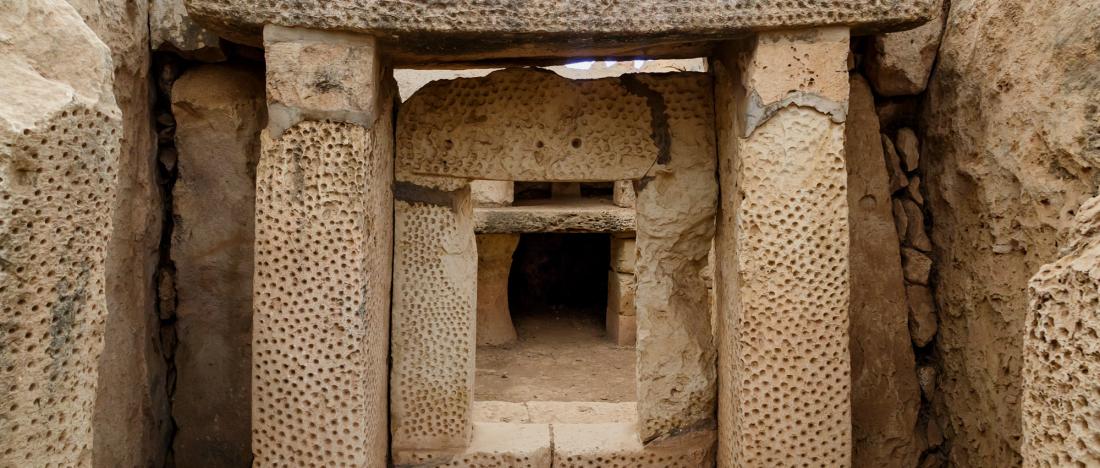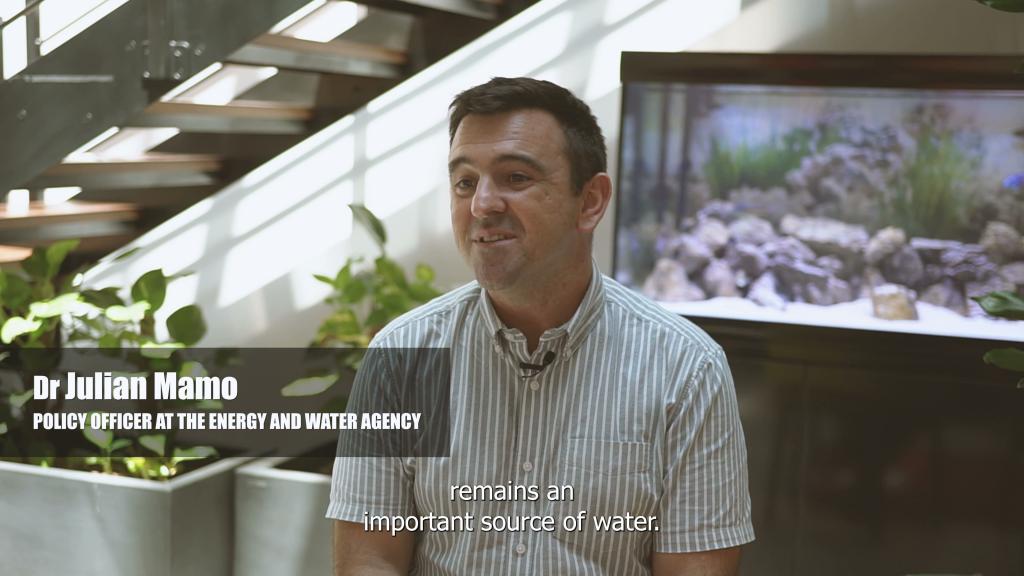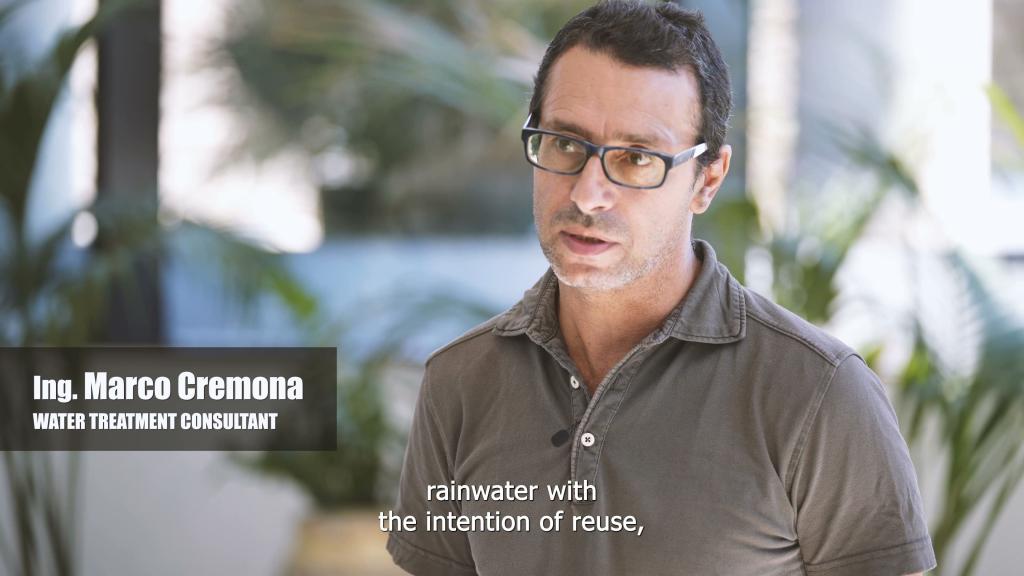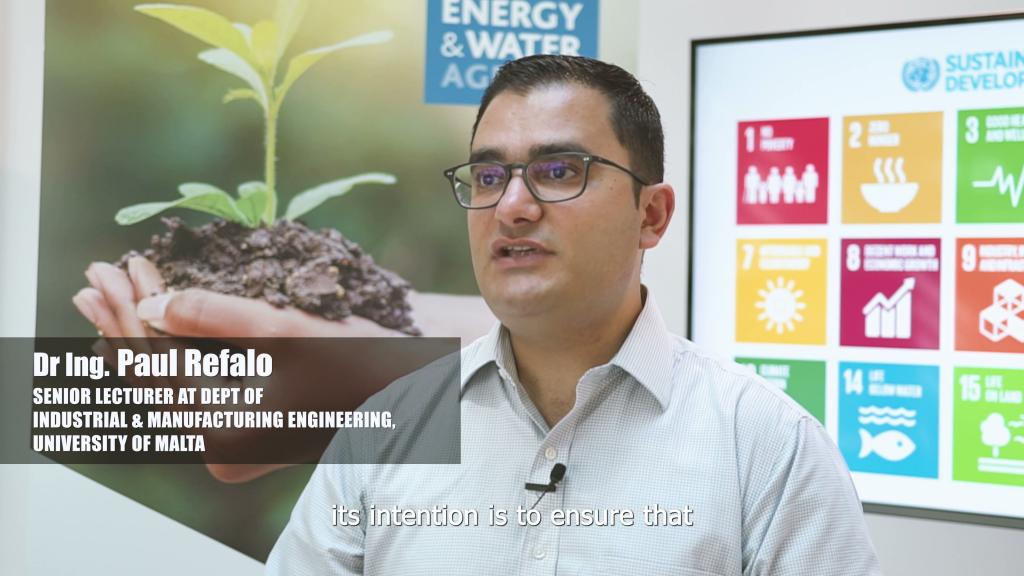NAWAMED: from the lesson learnt by ancestors to the new technologies, the strategy for valorising the non-conventional water in Malta

The Energy Water Agency - EWA, partner of NAWAMED project, continues to interview national stakeholders for deepening our understanding of water scarcity problems and possible solutions in Malta. The final aim of the NAWAMED project is to propose a Mediterranean Policy Document to foster the inclusion of water demand management and non-conventional water resources measures in national policy frameworks. The active involvement of such stakeholders is important to guarantee a positive impact at national level. Furthermore, future water management in the Mediterranean will require a common adaptation approach towards the improvement and supply of an integrated vision of the Mediterranean Region.
Throughout Malta's history, the Maltese have had to live with water scarcity. With very few days of rainfall and no existence of permanent rivers and limited sources of fresh water, our ancestors have often turned to rainwater harvesting. Although significant technological advancements have been made in recent years, rainwater harvesting still plays an important role
Dr. Julian Mamo explains in his interview how the role of rainwater harvesting has evolved to meet today’s needs and how we are relying on different technologies to meet our water demand.

Contemporary, Marco Cremona, a water treatment consultant, explains in his interview the benefits of tapping into non-conventional water resources.
Our ancestors have often turned to rainwater harvesting to meet their water needs. However, since then technology has advanced significantly and has provided us with new sources of water that we can depend on to reach our water demands

Finally, Paul Refalo, senior Lecturer at the University of Malta talks about the benefits non-conventional water resources play in our agricultural sector.
Water is essential to produce food and ensure food security. The Maltese Islands are considered amongst the driest countries on the planet, with limited freshwater resources. Tapping into non-conventional water resources, especially in the agricultural sector will help reduce the stress our farmers face. This is one of the many uses and benefits non-conventional water resources provide

Watch the full video interviews of Dr. Julian Mamo, Marco Cremona and Paul Refalo, to understand the holistic approach implemented in Malta to foster the non-conventional water facing the water scarcity.









